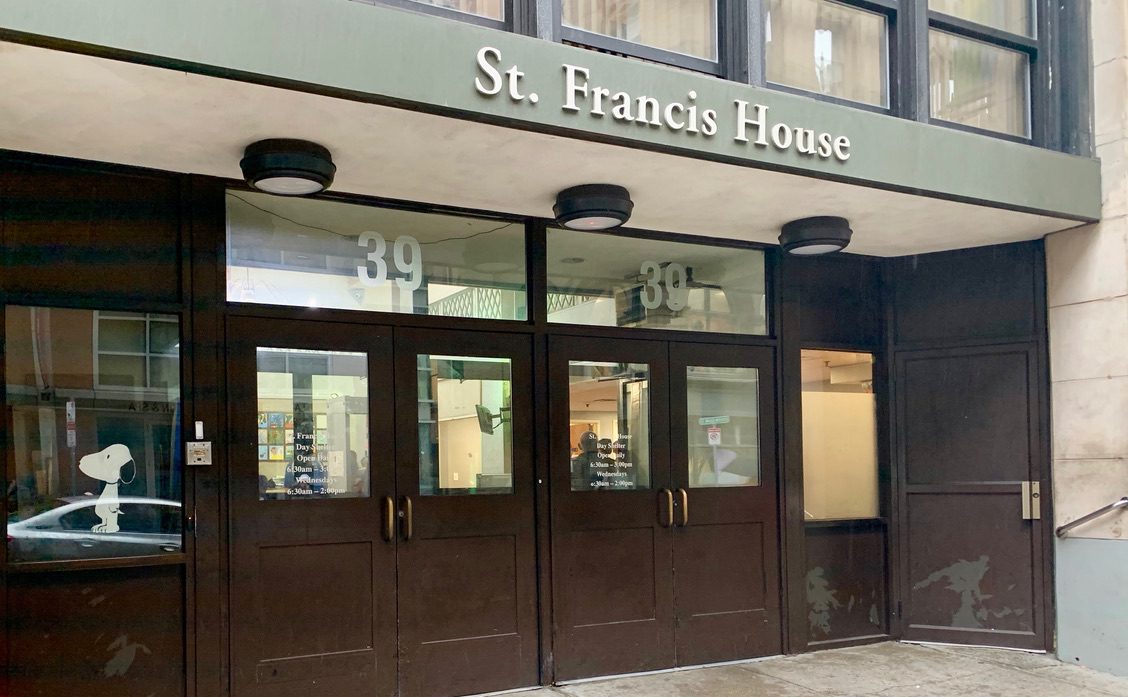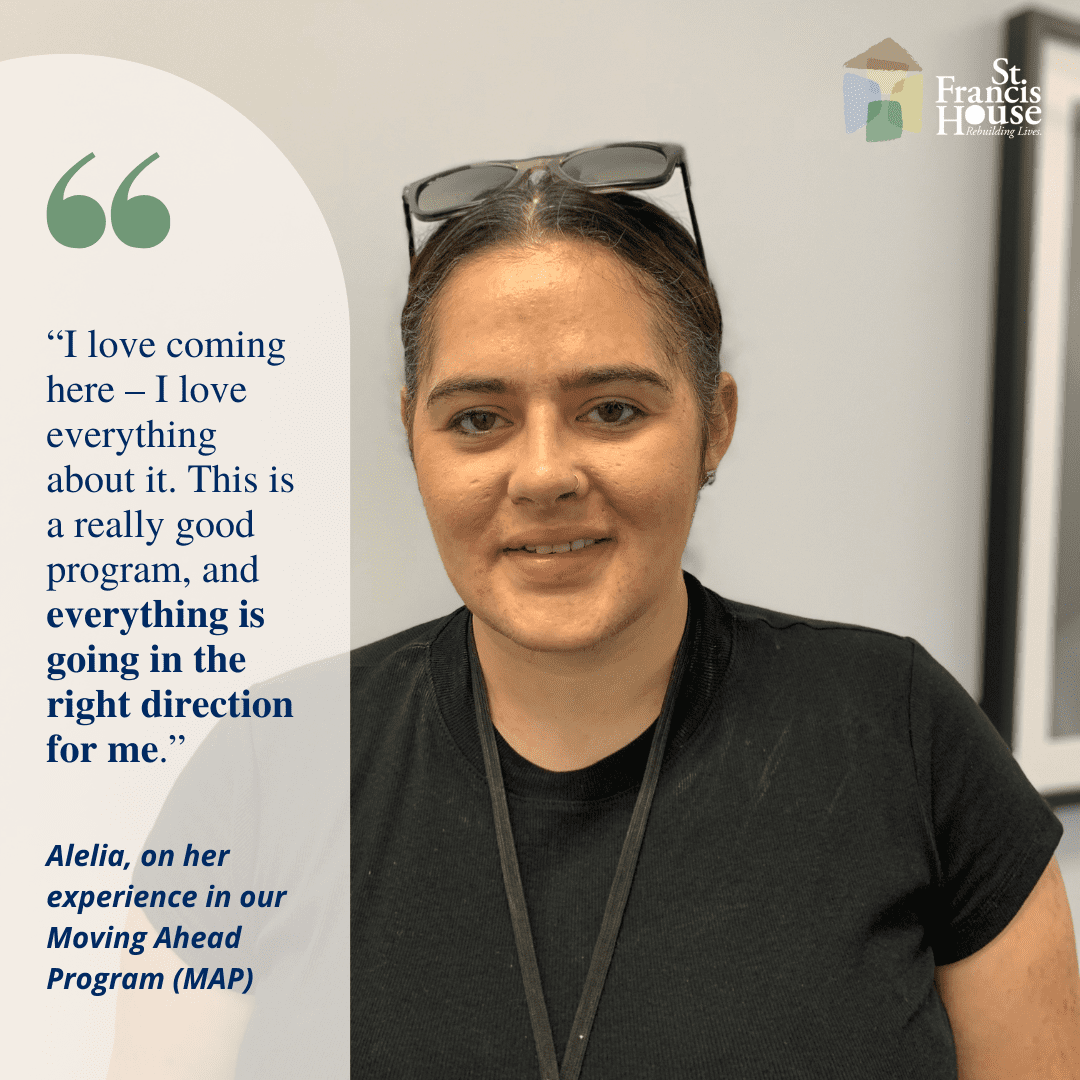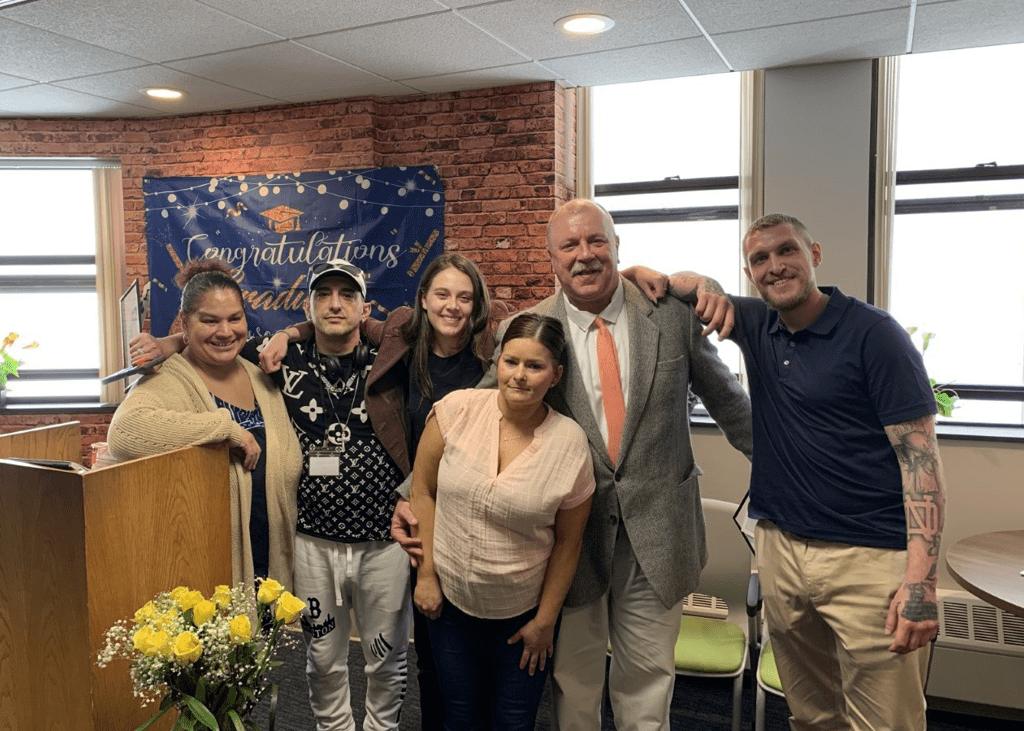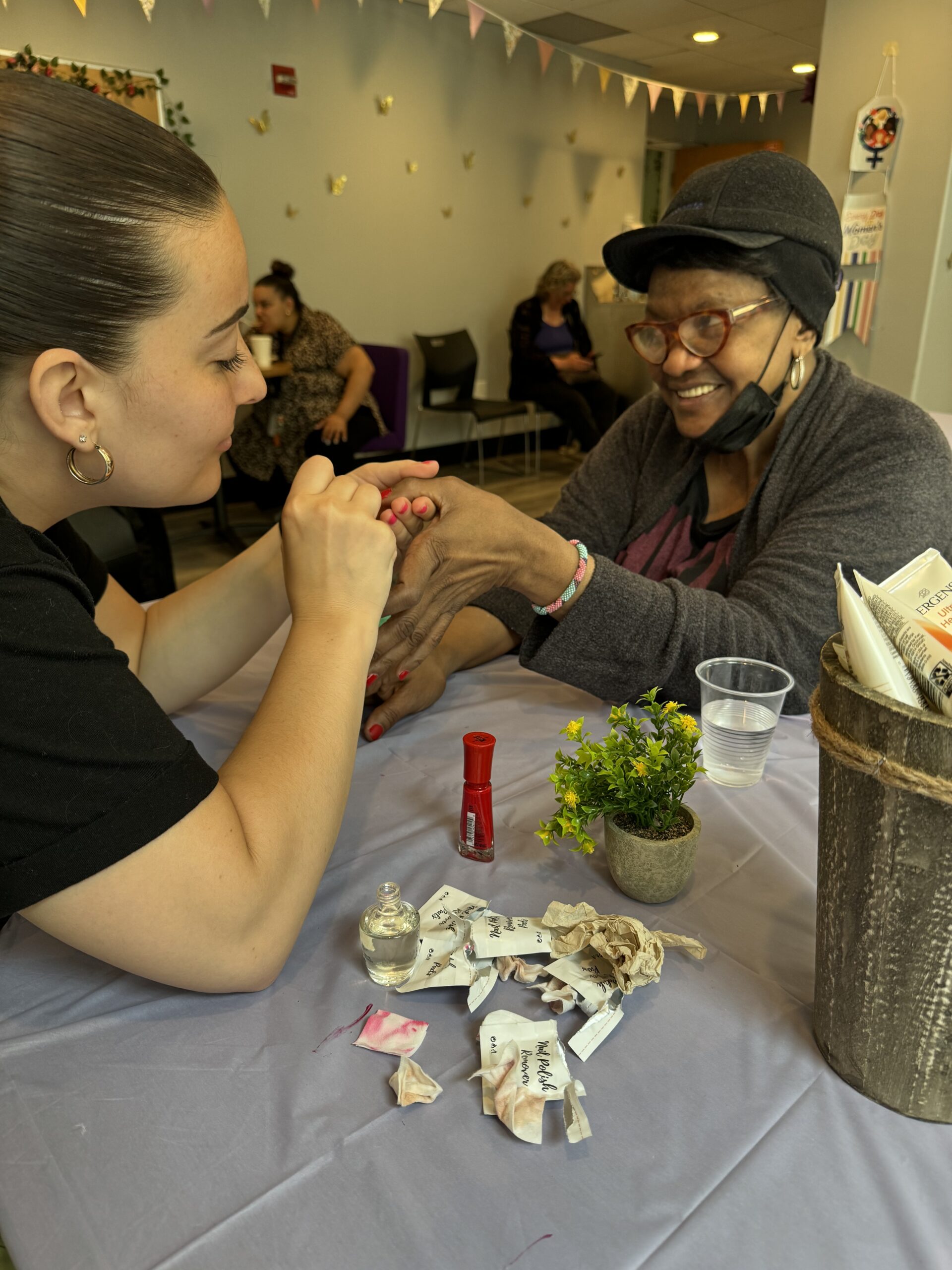“If we cannot do great things, we can do small things in a great way.” – Melnea Cass
In honor of Black History Month, Tim Bulla, the Associate Director of Clinical Supervision at St. Francis House and a self-described “history geek”, sent out an email to our staff in which he wrote about Melnea Cass, the great African-American activist for whom Boston’s Melnea Cass Boulevard is named. We wanted to share Tim’s thoughts and some of the highlights of Melnea Cass’ remarkable life.
Here’s Tim:
As many of you know Melnea Cass Boulevard and Mass Ave are portrayed in social media as “Methadone Mile”. This connotation and description perpetuates the negative stereotype and stigma for those suffering from the “disease of addiction“ and substance use disorders. Little to no attention is paid to the individuals seeking treatment or to our many colleagues who are on the front lines providing help and hope.
But Tim wanted to go beyond that “Methadone Mile” designation and learn about who Melnea Cass was.
 Known as the “First Lady of Roxbury,” Melnea Cass was a civil rights and community activist who played a role in virtually all of the civil rights and social justice initiatives of the 20th century. As a young woman, after the Nineteenth Amendment gave women the right to vote, Cass registered African-Americans to do so. She was active in efforts to improve employment options for African-American workers, fighting for opportunities that she herself had been denied. (Although she was the valedictorian of her high school class, Melnea Cass couldn’t find work in retail, and ended up doing domestic work until her marriage.)
Known as the “First Lady of Roxbury,” Melnea Cass was a civil rights and community activist who played a role in virtually all of the civil rights and social justice initiatives of the 20th century. As a young woman, after the Nineteenth Amendment gave women the right to vote, Cass registered African-Americans to do so. She was active in efforts to improve employment options for African-American workers, fighting for opportunities that she herself had been denied. (Although she was the valedictorian of her high school class, Melnea Cass couldn’t find work in retail, and ended up doing domestic work until her marriage.)
Melnea Cass fought to desegregate Boston’s public schools. She was president of the local chapter of the NAACP. Active in establishing the local of the Brotherhood of Sleeping Car Porters. Instrumental in supporting the Job Corps. A founder of Freedom House. A charter member of Action for Boston Community Development, which helped people cope with the loss of their homes because of urban renewal. And she didn’t slow down as she got older. From 1975 to 1976 (when she turned 80), Cass chaired the Massachusetts Advisory Committee for the Elderly. In the meantime, she and her husband had raised three children, and Cass was involved in myriad lesser-known community activities, including mothers’ clubs and an embroidery club. Melnea Cass died in 1978.
Today, one of the biggest crises that the community faces is that of addiction, and there’s no doubt that Melnea Cass would have been helping to lead the battle. At St. Francis House, we’re part of the battle, supporting our guests who are in the throes of addiction and, through our newly opened Recovery Support Center, those who are on the road to recovery. In the near future, we will establish a licensed Substance Use Disorder (SUD) Outpatient Clinic, further embracing our vision of creating a full continuum of SUD support and services under one roof at 39 Boylston Street.
Like Tim Bulla, we’re optimistic:
If history repeats itself, which I believe it will, once we curtail and ultimately stop this opiate epidemic, Melnea Cass Boulevard will be restored, as it should be, to honoring Melnea Cass.



